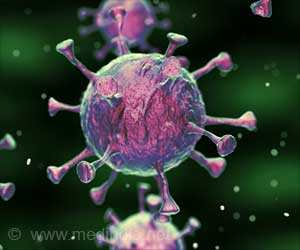As we age, the risk of chronic diseases such as cancer, cardiovascular disease, and neurodegenerative disorders increases. Researchers have traditionally relied on chronological age – the number of years a person has been alive – as an approximate measure of biological age.
In order to measure biological age and the link to disease, the researchers used data from the UK Biobank. They studied a cohort of 325,000 people who were all between 40 and 70 years old at the time of the first measurement.
Advertisement
Biological age was calculated using 18 biomarkers, including blood lipids, blood sugar, blood pressure, lung function, and BMI. The researchers then investigated the relationship between these biomarkers and the risk of developing neurodegenerative diseases such as dementia, stroke, ALS (Amyotrophic lateral sclerosis), and Parkinson’s disease within a nine-year period.
As it is an observational study, causal relationships cannot be established. However, the results indicate that by slowing down the body’s aging processes in terms of the measured biomarkers, it may be possible to reduce or delay the onset of disease.
“Several of the values can be influenced through lifestyle and medications”, says Sara Hägg.
The results are particularly interesting because the study included such a large group of people. This makes it possible to break down the material into smaller pieces and capture less common diagnoses such as ALS.
The risk of developing ALS also increases with higher biological age. However, no such risk increase was seen for Parkinson’s disease. “We already know that Parkinson’s disease is a bit unique in other contexts as well, for example, when it comes to smoking”, says Sara Hägg.
The researchers will now proceed to investigate the connection between biological age and other diseases such as cancer.
Reference :
- Clinical biomarker-based biological ageing and future risk of neurological disorders in the UK Biobank – (https://jnnp.bmj.com/content/early/2023/10/26/jnnp-2023-331917)
Source: Eurekalert



